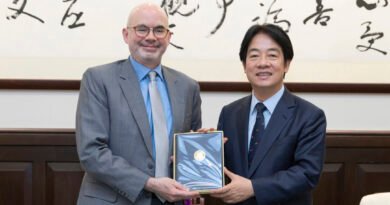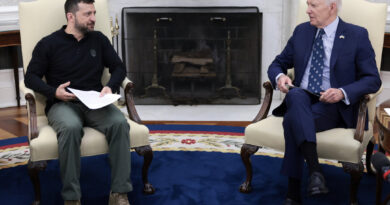Russian and Western Interference Claims Muddle Georgia’s Key Election
The ruling party and opposition in the South Caucuses nation are accusing each other of colluding with foreign powers leading up to the Oct. 26 election.
Analysis
Georgia, a small nation in the South Caucasus region, is preparing for crucial parliamentary elections next week. Some experts believe that the outcomes could determine the country’s geopolitical direction.
“The election will not only shape future foreign policy but also Georgia’s history for years to come,” stated Giorgi Badridze, a political analyst and former Georgian diplomat.
Georgia, once a Soviet republic, has been striving to join the EU and NATO. However, critics accuse the ruling Georgian Dream party of aligning the country back towards Moscow.
Georgian Dream, in power since 2012, is up against a loose coalition of pro-Western opposition parties in the upcoming parliamentary elections on Oct. 26.
“If Georgian Dream remains in power, Georgia may face deep political and economic isolation,” warned Badridze, who served as Tbilisi’s ambassador to London from 2009 to 2013.
‘Russian Law’ Sparks Controversy
As evidence of the ruling party’s pro-Kremlin tendencies, critics point to the adoption of the “Transparency of Foreign Influence Law” by Georgia’s parliament earlier this year.
This law mandates that organizations receiving over 20% of their funding from abroad must register as “organizations pursuing foreign interests” or face financial penalties.
Despite objections from Brussels and Washington, the Georgian parliament, where Georgian Dream and its allies have a majority, approved the legislation in May.
Advocates of the law argue that it is necessary to safeguard Georgia from harmful foreign influences masked as “civil society.” They claim it is crucial to protect Georgia’s national sovereignty and combat the imposition of “pseudo-liberal values” by foreign powers, especially the West.
“If non-governmental organizations and media outlets wish to influence the lives of the Georgian people with foreign government funding, they must meet minimum transparency requirements,” stated Georgian Parliament Speaker Shalva Papuashvili after the law’s ratification.



